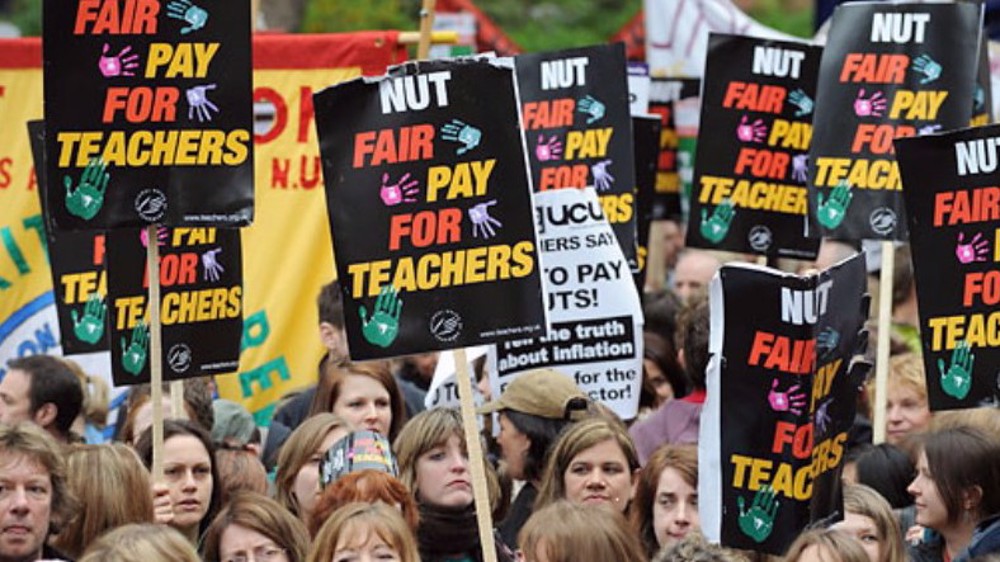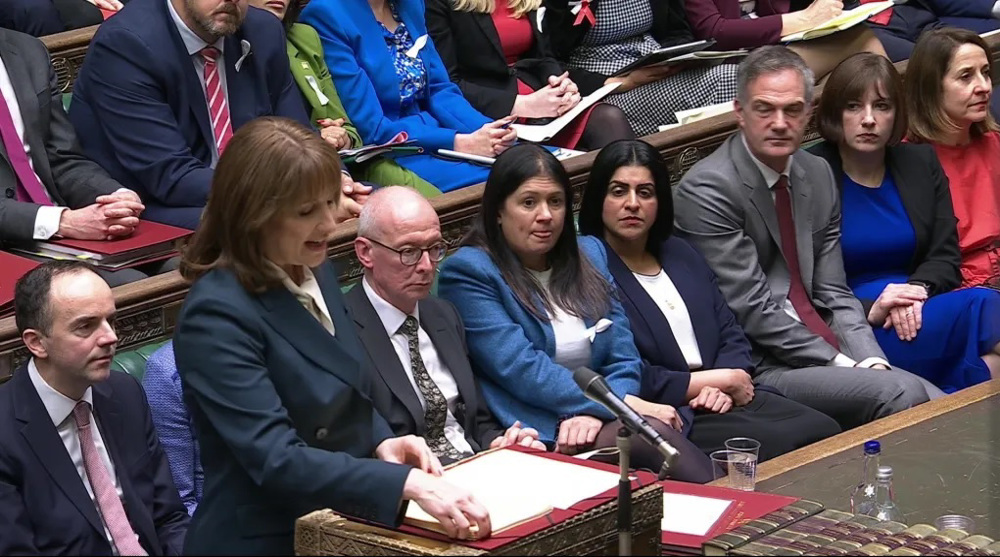Around 4,600 UK hospitality firms close in year as energy prices soar
Thousands of hospitality firms across the UK have been forced to shut down their businesses over the past year amid the pressure of skyrocketing energy costs, according to figures.
Soaring inflation, along with the deepening cost-of-living crisis has led to the closure of 4,593 licensed British hospitality premises over the year to March, according to the latest hospitality market monitor from industry experts at CGA by NIQ and AlixPartners.
“Each of the 4,593 closures over the last 12 months represents a sad loss of jobs and the permanent withdrawal of a community asset,” said Karl Chessell, CGA by NIQ’s director for hospitality operators and food.
During the first three months of 2023, more than 750 venues shut, the overall figures showed.
“The recent cut in Government support on energy bills, alongside a hike in minimum wage rates and the ongoing tax burden, now leaves thousands more fragile venues at risk of closure,” Chessell added.
According to the new data, since March 2022, more than 12 hospitality venues have shut each day, while restaurants also experienced a particularly damaging year, with the number of licensed restaurants shrinking by 7.8 percent over the same period.
Graeme Smith, AlixPartners’ managing director, said that the hospitality sector has been facing “continued headwinds” since the economic deterioration of the country, adding that “this latest study underlines the growing divide between larger and smaller operators.”
“The closure rate of independent businesses – (which are) the lifeblood and entrepreneurial driving force of the sector – continues to vastly outstrip the better-funded corporates and the branded operators,” Smith said.
The development came after trade bodies on Friday called for urgent Government intervention over energy costs and contracts to prevent “thousands of job losses”.
Adding to the economic challenges further, earlier in April, the Office for National Statistics (ONS) reported that UK job vacancies have fallen for the ninth straight month in a sign that the uncertain economic outlook is heavily impacting the British job market.
The data revealed that the unemployment rate also rose to 3.8 percent in the three months to February, the highest since the second quarter of 2022, while vacancies fell by another 47,000 in the first three months of 2023.
Moreover, the economic pressure and the rising inflation have prompted many workers across different industries to hold industrial actions now and then, causing disruption in services in different sectors.
A cost-of-living crisis driven by sharp food and energy price increases has left the British people and firms struggling to pay their bills. The Conservative government argues that pay increases would increase inflation, which currently stands at 10.4 percent.
VIDEO | Press TV's news headlines
Hamas says it fulfilled all its obligations under Gaza ceasefire deal
Hezbollah condemns Israel's ‘treacherous assassination’ of Al-Housh Mosque imam
Israeli woman shocked after being listed as ‘dead’ in recent Iran riots
VIDEO | IAEA and its policies
VIDEO | Crackdown at home, lecturing abroad
Israel clearing northern Gaza land for settlements: Report
Gaza deadliest place for journalists and aid workers: UNRWA chief











 This makes it easy to access the Press TV website
This makes it easy to access the Press TV website